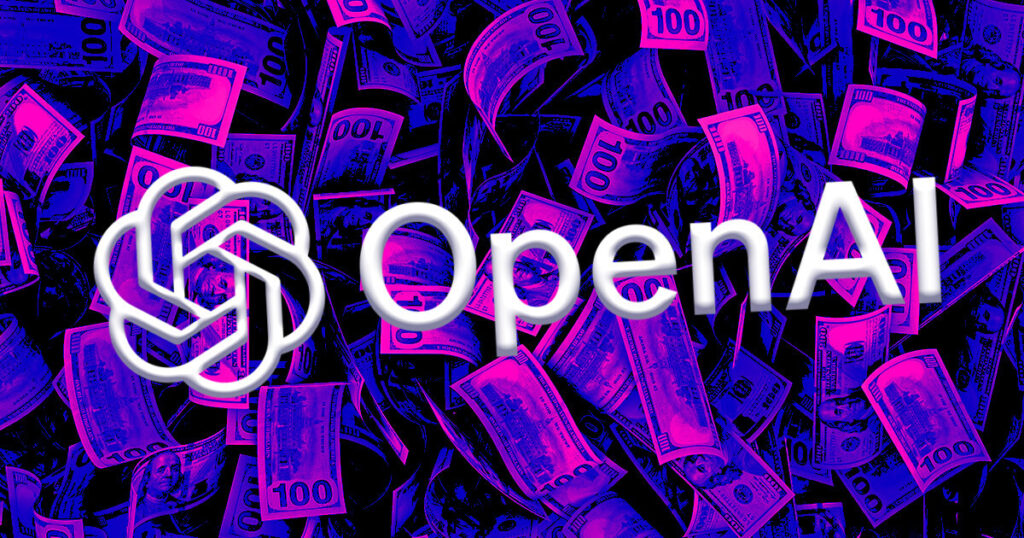A group of Canadian media organizations has initiated legal action against OpenAI, alleging that the company’s ChatGPT product violated copyrights by utilizing their journalism without permission. The lawsuit, filed on Nov. 29 in the Ontario Superior Court of Justice, includes plaintiffs such as CBC/Radio-Canada, The Toronto Star, and The Globe and Mail. They are seeking damages and an injunction to halt OpenAI’s use of their content.
The media coalition claims that OpenAI is profiting from Canadian news content without authorization, stating that the company is disregarding copyright laws and online terms of use. OpenAI, on the other hand, defends its practices by stating that its AI models are trained on publicly available information in accordance with fair use and related copyright laws. The company also emphasizes its partnerships with news organizations and provides opt-out options for publishers.
In response to the lawsuit, an OpenAI spokesperson explained that ChatGPT is utilized by millions globally to enhance creativity and problem-solving. The company collaborates with publishers to ensure attribution and offers tools for them to control how their content is interacted with on the platform.
However, the plaintiffs argue that OpenAI’s actions devalue journalism by repurposing it for commercial gain. They reject OpenAI’s reliance on fair use, asserting that journalism serves the public interest and should not be exploited for profit.
This legal dispute is part of a broader trend of lawsuits against AI companies for using copyrighted materials for model training. OpenAI previously admitted to a UK committee that training its AI systems without incorporating copyrighted materials would not be feasible. The company has also encountered criticism for mishaps, including the accidental deletion of crucial evidence related to AI training data.
The outcome of this case could have significant implications for copyright law in the AI era, as courts grapple with the delicate balance between innovation and intellectual property rights. It remains to be seen how this legal battle will unfold and what precedent it may set for future disputes in the AI industry.

